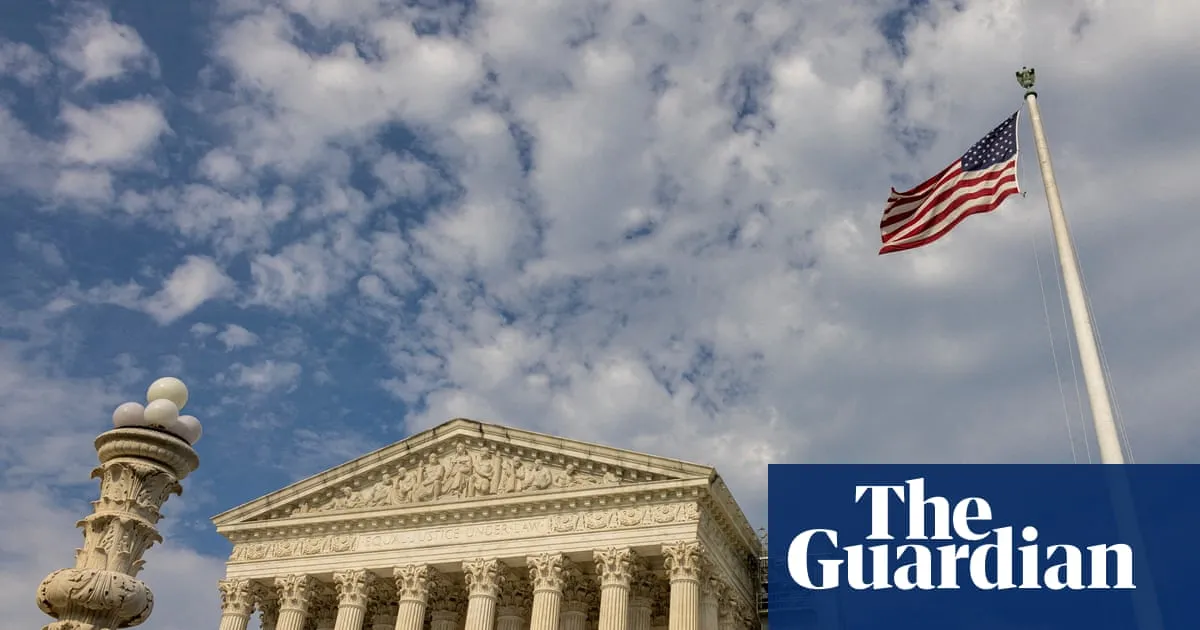
The Supreme Court has recently authorized the Trump administration to proceed with the deportation of eight men who have been detained for several weeks at an American military base in Djibouti. These individuals are being sent to the war-torn nation of South Sudan, a country where nearly all of them lack any substantial ties. The majority of these men hail from various countries, including Vietnam, South Korea, Mexico, Laos, Cuba, and Myanmar, with only one having origins in South Sudan itself.
On Thursday, the Supreme Court's order came after a conservative majority previously determined that immigration officials have the authority to swiftly deport individuals to countries with which they have no connection. This ruling effectively paused a decision made by a district judge, which mandated that immigrants being deported to third countries must first be afforded the opportunity to demonstrate that they would face torture, persecution, or even death upon their return.
Trina Realmuto, an attorney representing the eight men and the executive director of the National Immigration Litigation Alliance, expressed grave concerns. She stated that the men could encounter “perilous conditions, and potentially immediate detention, upon arrival” in South Sudan. In dissent, two liberal justices, Sonia Sotomayor and Ketanji Brown Jackson, criticized the ruling. Sotomayor emphasized that the decision grants the government undue privilege, stating, “What the government wants to do, concretely, is send the eight noncitizens it illegally removed from the United States from Djibouti to South Sudan, where they will be turned over to the local authorities without regard for the likelihood that they will face torture or death.”
The eight men awaiting deportation have all been convicted of serious crimes, a point the Trump administration has highlighted to justify their removal. While many of them had either completed or were nearing the end of their prison sentences, they had also received orders of removal directing them to leave the United States. For instance, Tuan Thanh Phan, who emigrated from Vietnam as a child, was convicted of murder following a gang altercation at the age of 18. He had intended to return to Vietnam upon completing his sentence.
Initially, these men were told they would be deported to South Africa and were asked to sign documents acknowledging their deportation. However, they refused, leading their case to be presented to Judge Brian E. Murphy of the District Court in Massachusetts. Judge Murphy ruled that the government must provide “written notice” to any immigrant facing deportation to a third country and allow them to express any “reasonable fear” of torture.
Instead of following this ruling, the government informed the men that they were being sent to South Sudan. At that time, the government failed to provide immediate details regarding the men’s location and their intended destination. Eventually, they were flown to Camp Lemonnier, an American military base situated in Djibouti. Here, Immigration and Customs Enforcement (ICE) agents have been working 12-hour shifts to guard the detainees. In a sworn declaration, an official highlighted the poor health conditions among the detainees and government personnel, inadequate medical care, risks of malaria, and fears of attacks from militants in nearby Yemen.
In May, the Trump administration formally requested the Supreme Court's intervention to facilitate the deportation of the men to South Sudan. The administration has been actively seeking agreements with various countries to accept deportees whom the U.S. cannot swiftly return to their home countries. As of now, the White House and the Department of Homeland Security have not provided any immediate comments regarding this situation.
The Associated Press contributed to this report.